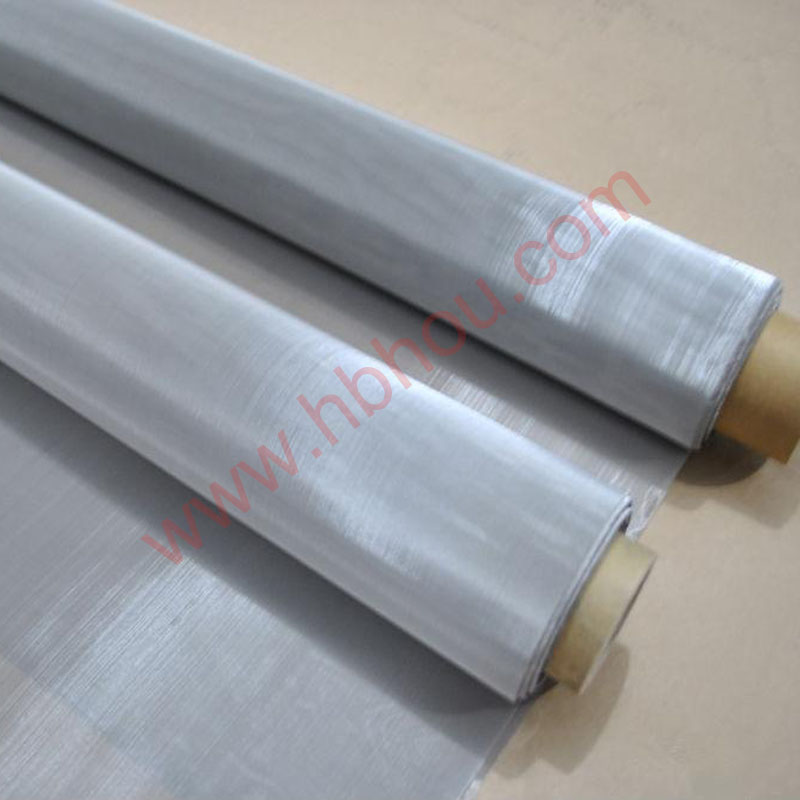The Best Wood for Your Garden Gate
When it comes to creating a beautiful and durable garden gate, the choice of wood is paramount. The right type of wood not only enhances the aesthetic appeal of your garden but also determines the gate's longevity, maintenance needs, and resistance to weather conditions. Here, we'll explore some of the best wood options for your garden gate, along with their characteristics, advantages, and potential drawbacks.
1. Cedar
Cedar is one of the most popular choices for garden gates. This wood is known for its natural resistance to rot and decay, making it an ideal option for outdoor structures. Cedar’s pleasant aroma is an added bonus, and it can add a warm tone to your garden. Additionally, cedar tends to hold its shape well under varying weather conditions, making it less prone to warping. However, while cedar is somewhat more durable than other woods, it can still benefit from regular maintenance, such as staining or sealing, to enhance its lifespan and preserve its color.
2. Redwood
Similar to cedar, redwood is another excellent wood choice for garden gates. This wood is lightweight yet strong, providing durability without sacrificing style. With its rich color and fine grain, redwood can create an elegant entrance to your garden. Redwood naturally resists insects and decay, making it less likely to suffer from structural damage over time. The downside, however, is that redwood can be more expensive than other wood types, and like cedar, it requires regular maintenance to prevent fading from sun exposure.
3. Pine
wood for garden gate

For those on a budget, pressure-treated pine is a viable option for garden gates. This type of wood is often treated with chemicals to increase its resistance to moisture, insects, and decay. While pine may not have the same aesthetic appeal as cedar or redwood, it remains a popular choice due to its affordability. However, it is essential to note that pressure-treated pine can warp and crack over time, especially if it is not properly maintained. Regular sealing and staining can help extend its life span.
4. Teak
If you are looking for an option that combines luxury with durability, teak is an excellent choice. Renowned for its beautiful golden-brown color and natural oils, teak is extremely resistant to water, making it ideal for garden gates that may be exposed to the elements. The wood's high density offers exceptional strength, ensuring that your gate will withstand the test of time. However, teak's premium price might not fit everyone's budget, and its natural oil content often requires a specific type of maintenance to prevent fading.
5. Fir
Douglas fir is another great option for garden gates. It is strong, durable, and cost-effective, making it an excellent choice for those looking for a balance between quality and price. While it is less resistant to decay compared to cedar or redwood, fir can last for many years when properly treated and maintained. It is crucial to apply a protective finish to fir wood to prolong its life, as untreated fir may succumb to moisture and pests.
Conclusion
When selecting the best wood for your garden gate, consider factors such as budget, desired aesthetic, and maintenance level. Cedar and redwood offer excellent durability and beauty but come at a higher price. Pine and fir provide cost-effective options but require more care. Teak, while luxurious and resilient, may be out of reach for some budgets. Ultimately, the best wood for your garden gate should fit your style, maintenance preferences, and budget, ensuring a beautiful and functional entryway to your outdoor space.
















